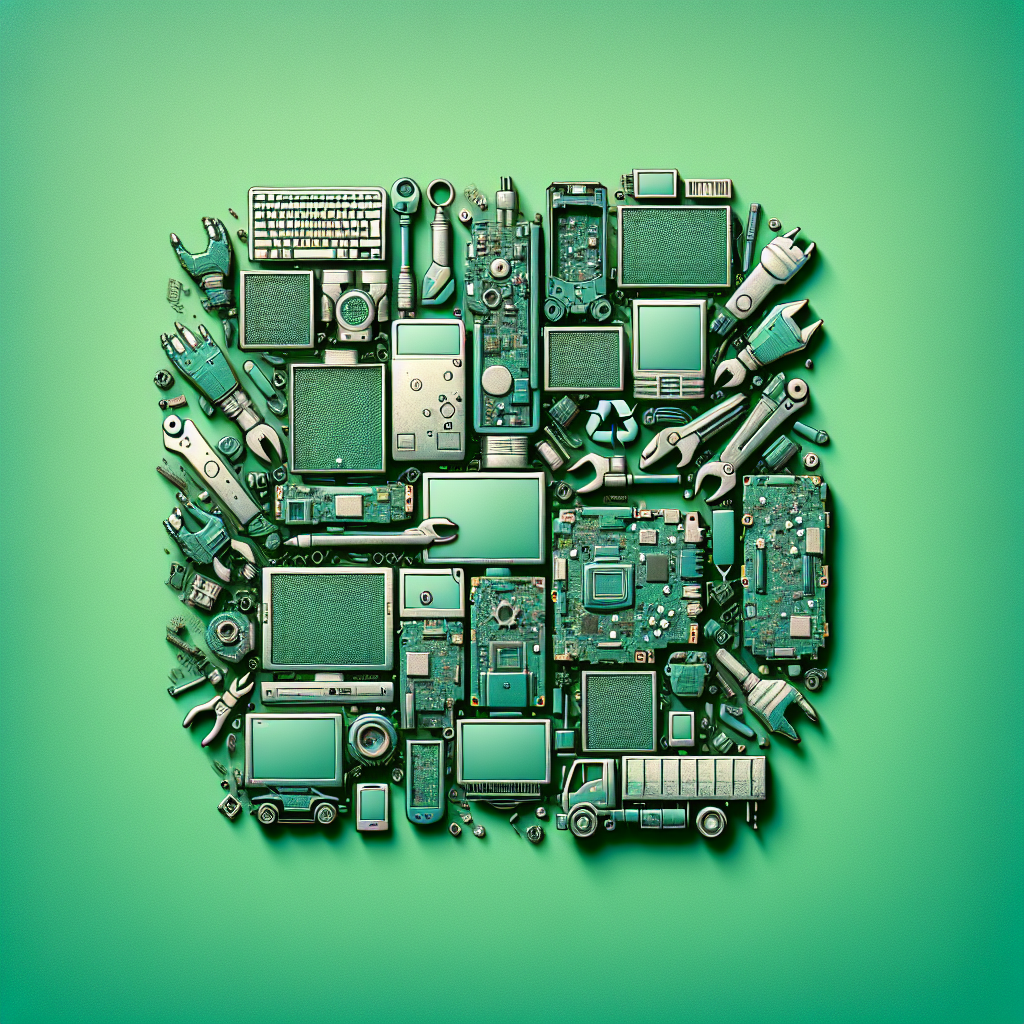Blog Ecobraz Eigre

Obsolete electronic equipment: how to turn it into raw material
Introduction
Technological advances lead to the constant replacement of electronic equipment, which often becomes obsolete. The proper disposal of these devices is fundamental for sustainability and the circular economy, converting them into raw materials for new production processes.
Legislation Applicable to the Management of Electronic Waste
The National Solid Waste Policy (Law No. 12.305/2010) defines guidelines for the environmentally appropriate management of waste, including electronic waste. According to Chapter VI of the law, shared responsibility for the life cycle of products extends from the manufacturer to the end consumer. The National Solid Waste Management Information System (SINIR), regulated by Decree No. 10.936/2022, promotes transparency and integration of data for the control of this waste.
The Process of Transforming Electronic Equipment into Raw Material
The reuse of components from obsolete electronic equipment begins with safe and traceable selective collection, which is essential to avoid environmental contamination. We recommend using specialized services to schedule the collection of electronic waste, ensuring technical and legal compliance (scheduling electronic collection).
After collection, the devices are sent for manual or automated disassembly, segregation of materials (plastics, ferrous and non-ferrous metals, electronic components), followed by disposal or recycling of each fraction according to its chemical and physical characteristics.
Recovery of Metals and Other Materials
Electronic equipment contains noble metals such as gold, silver, copper and palladium, as well as base metals and technical plastics. Recovering these materials reduces mineral extraction and the pollution inherent in these activities. Chemical and physical processes, such as grinding, leaching and smelting, are rigorously applied to ensure the purity of the recovered metals and environmental safety.
Sanitization and Safe Disposal of Storage Media
Storage devices, such as hard drives, pose a potential risk to information security if disposed of improperly. Digital and physical sanitization is mandatory to ensure complete data erasure, which is crucial for organizations dealing with sensitive information. Services specializing in secure data disposal must be called in through the appointment available at (hard drive sanitization).
Environmental and Corporate Benefits
The reuse of electronic equipment promotes a reduction in the volume of waste destined for landfills, a reduction in greenhouse gas emissions and the conservation of natural resources. For technical and legal departments, compliance with environmentally appropriate standards means mitigating legal and reputational risks.
Conclusion
Transforming obsolete electronic equipment into raw materials is a practice in line with current public policies, especially the PNRS, and contributes to the circular economy. Adopting structured processes for collection, disassembly, recovery and sanitization guarantees safety, efficiency and sustainability in the electronics waste cycle.

Deixe um comentário
O seu endereço de e-mail não será publicado. Campos obrigatórios são marcados com *